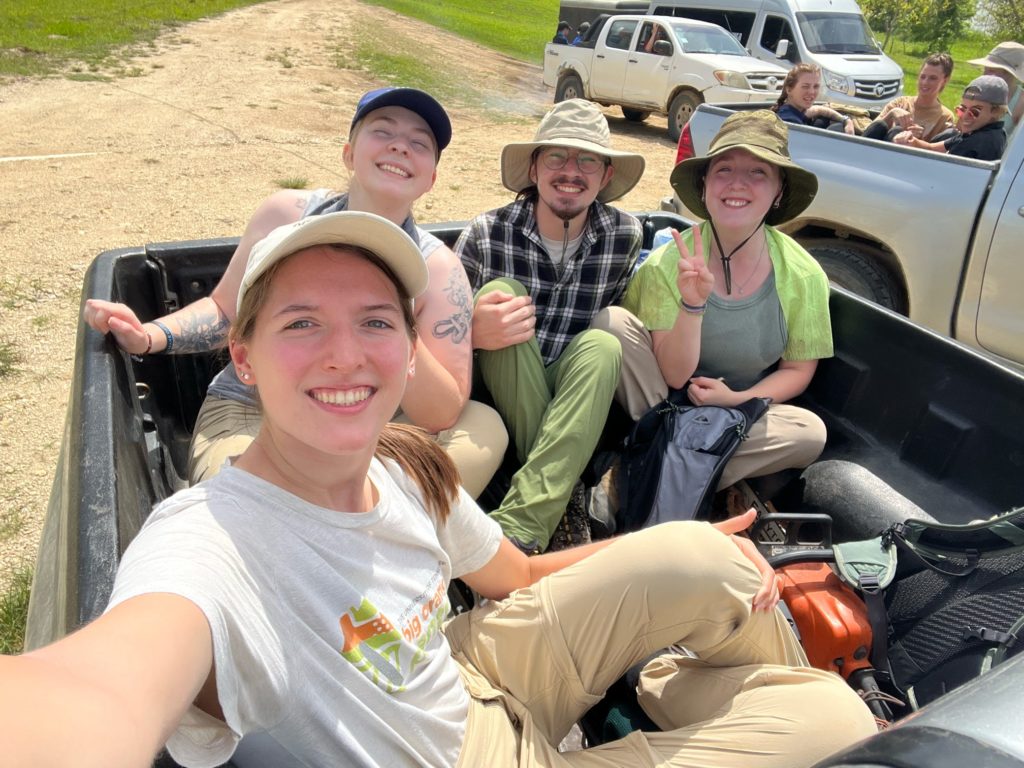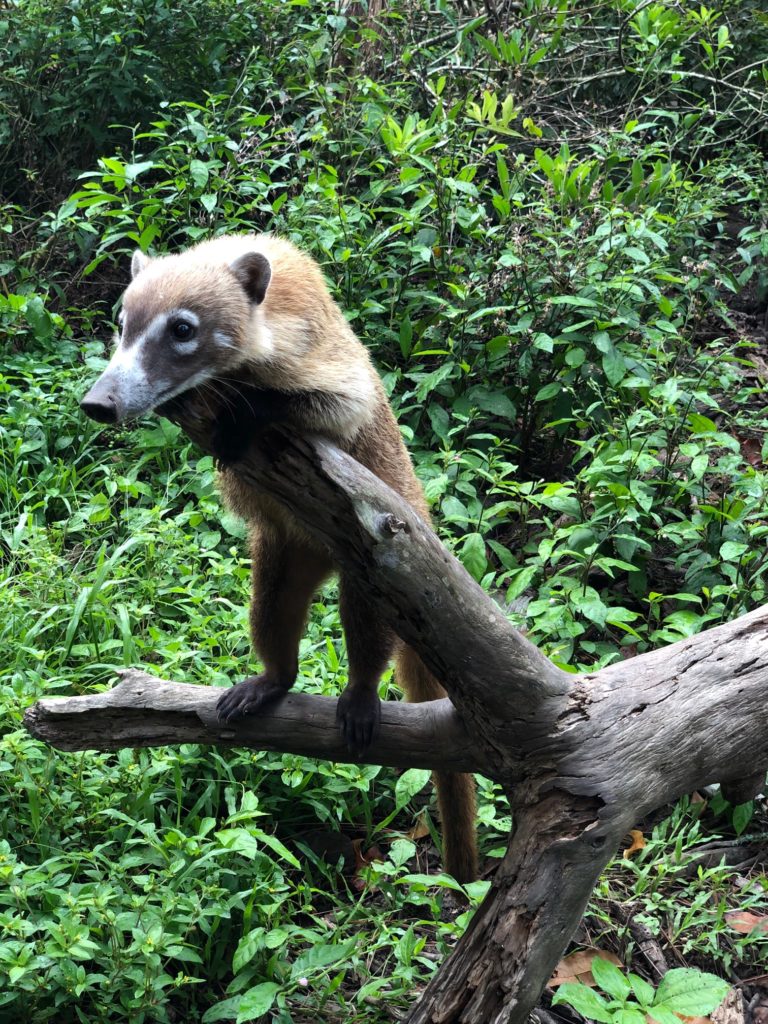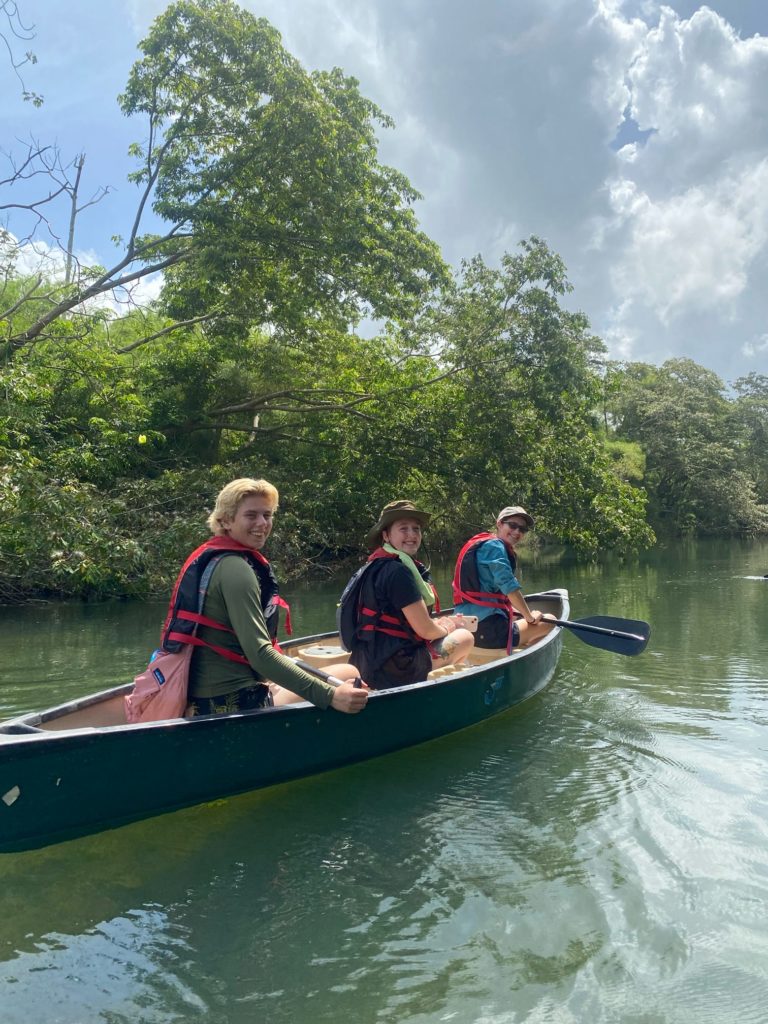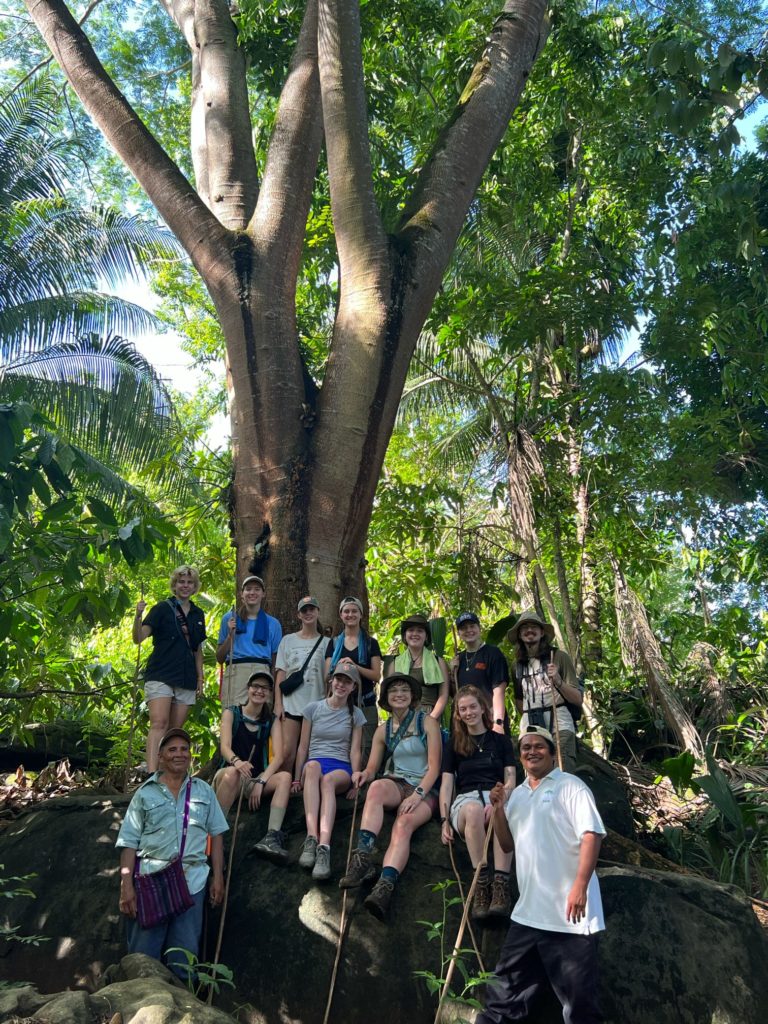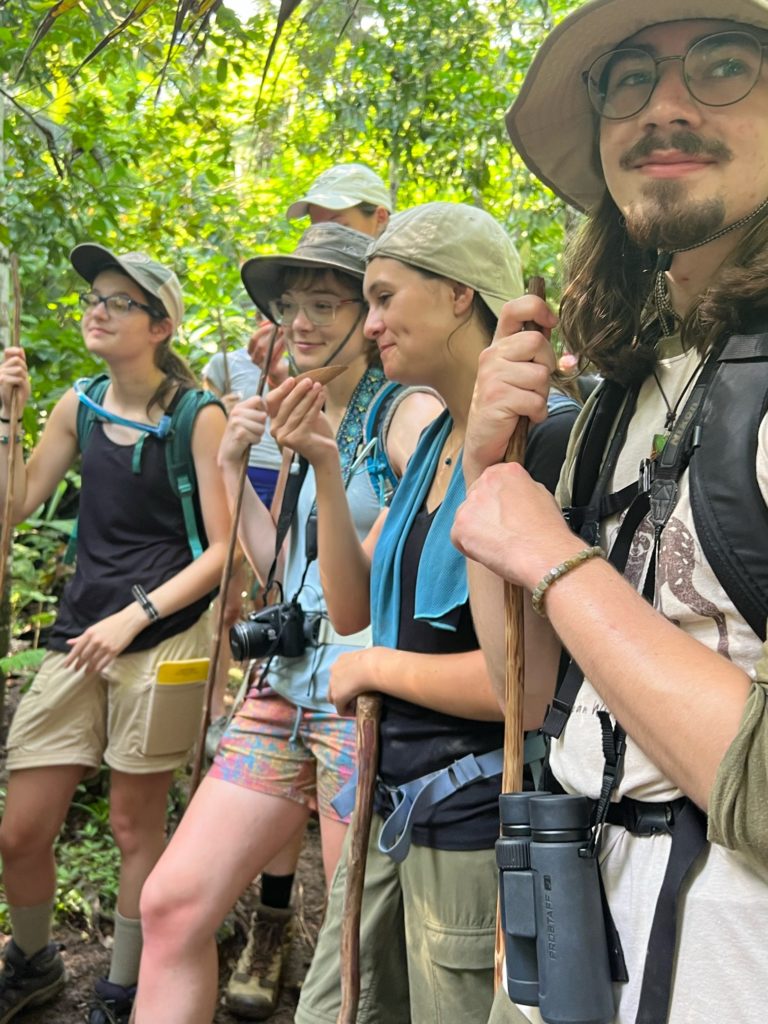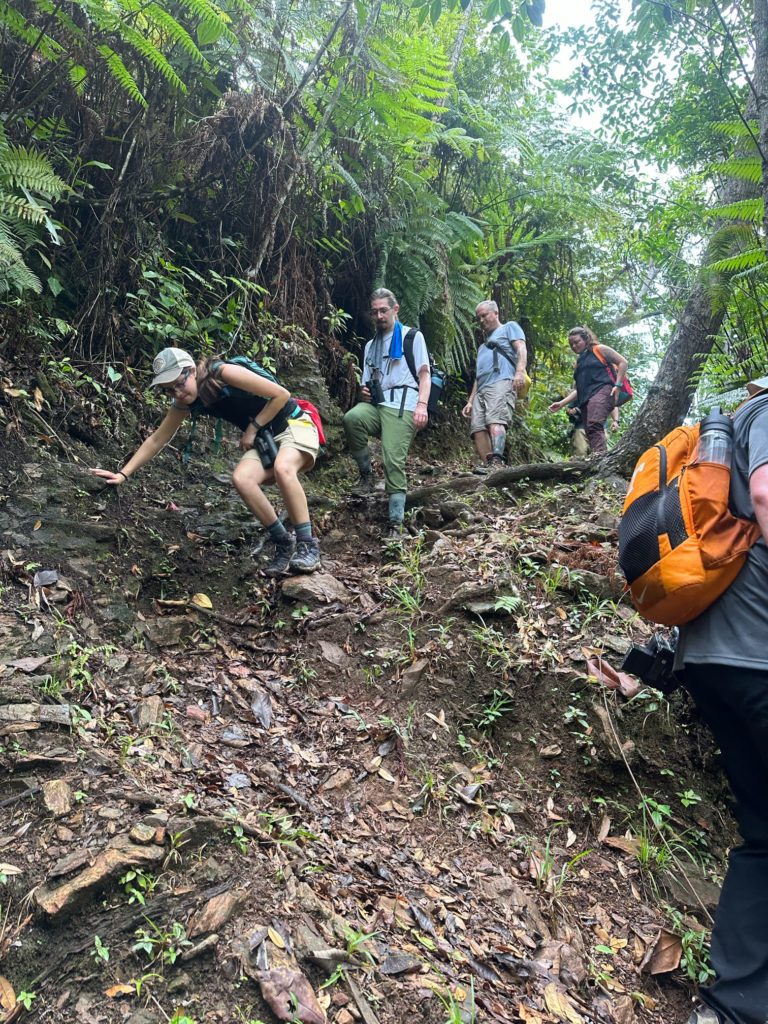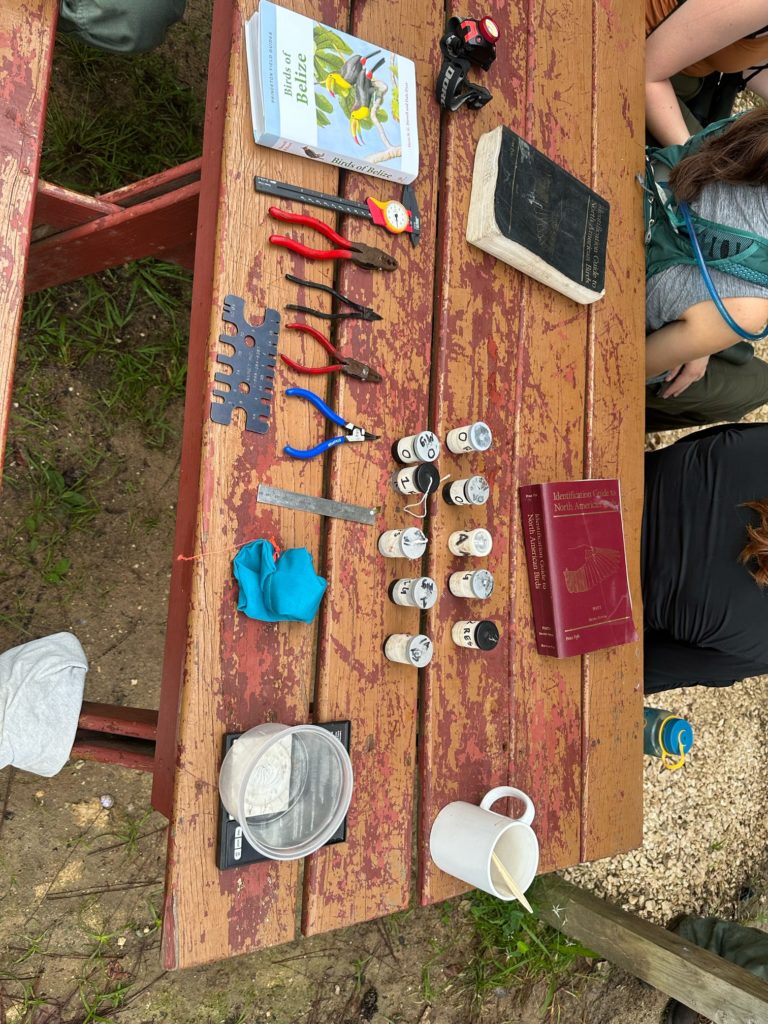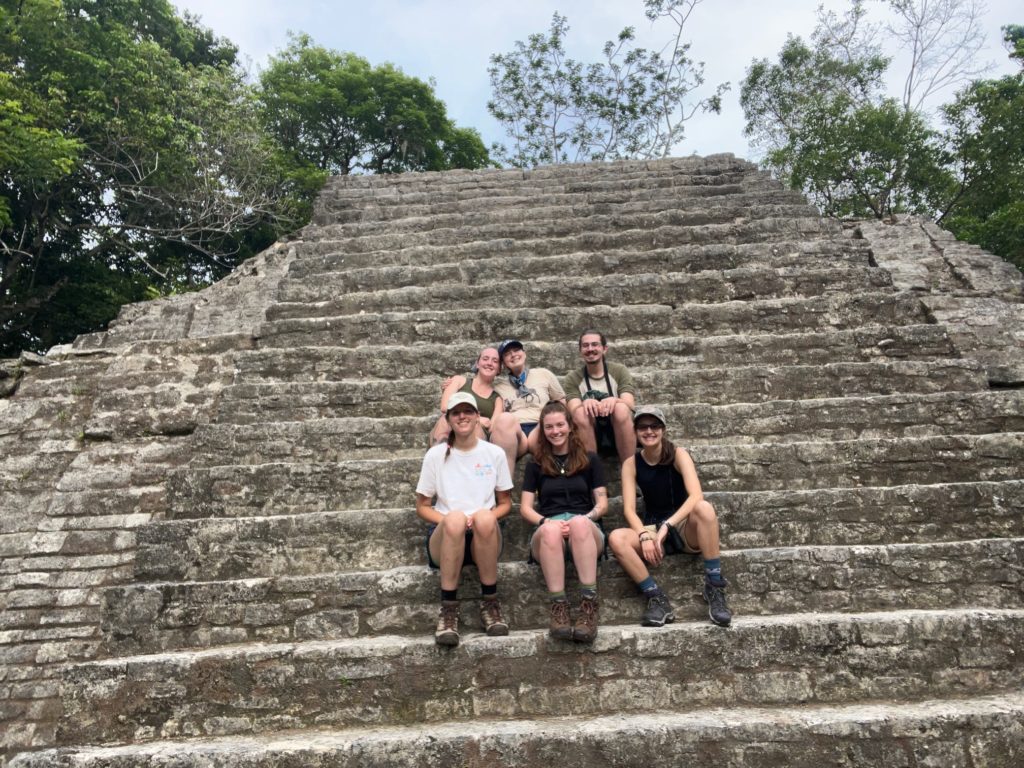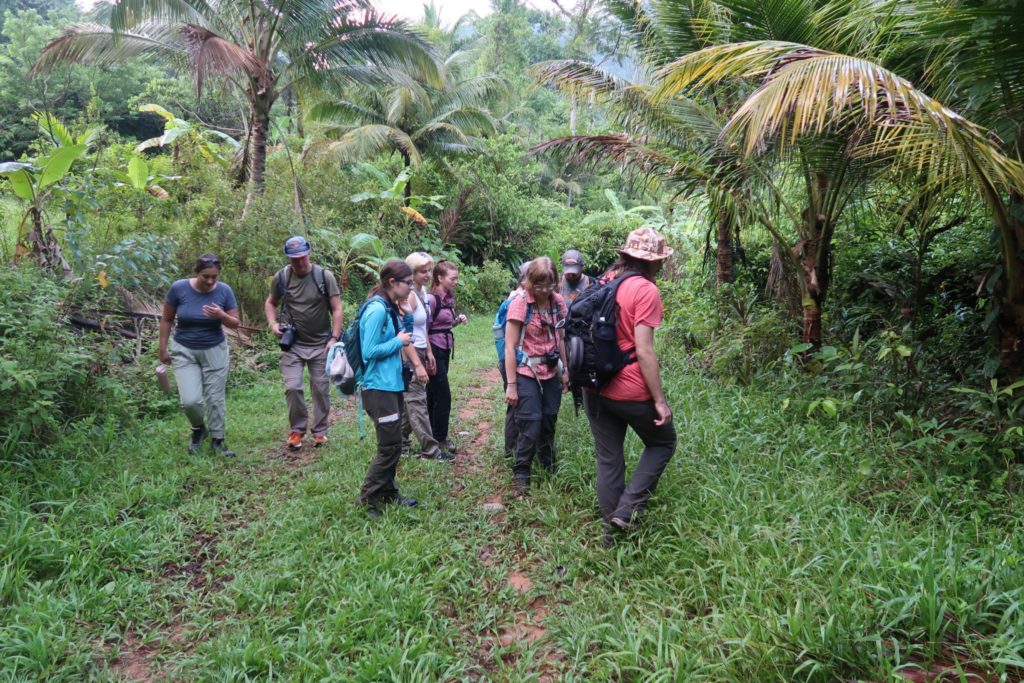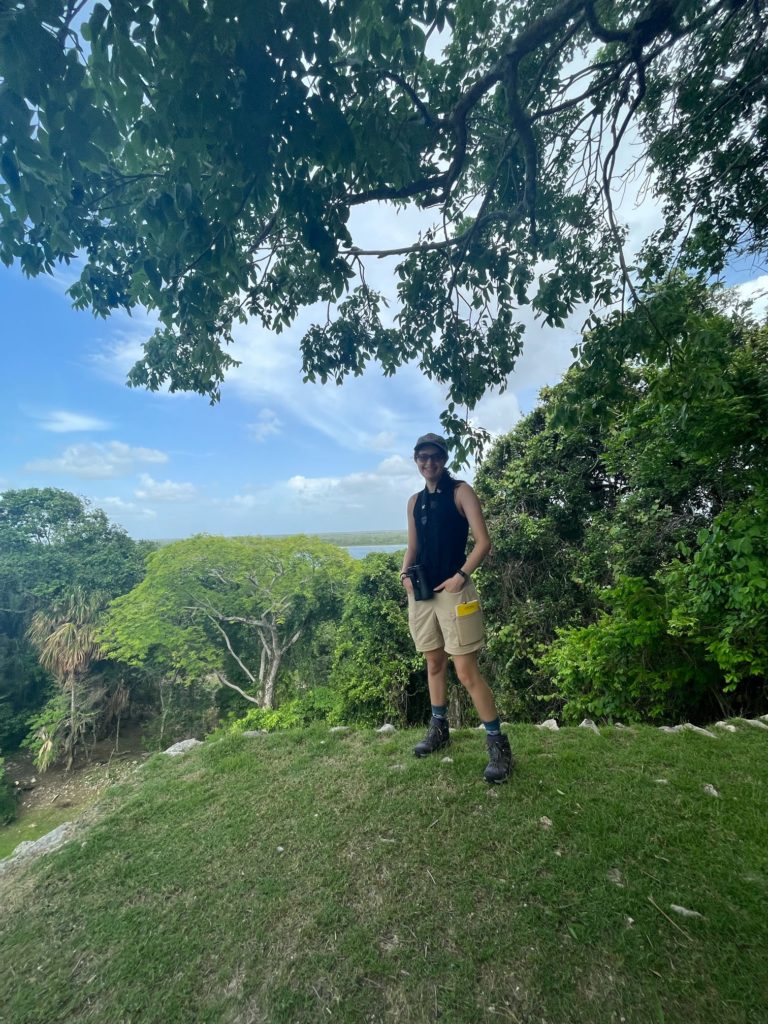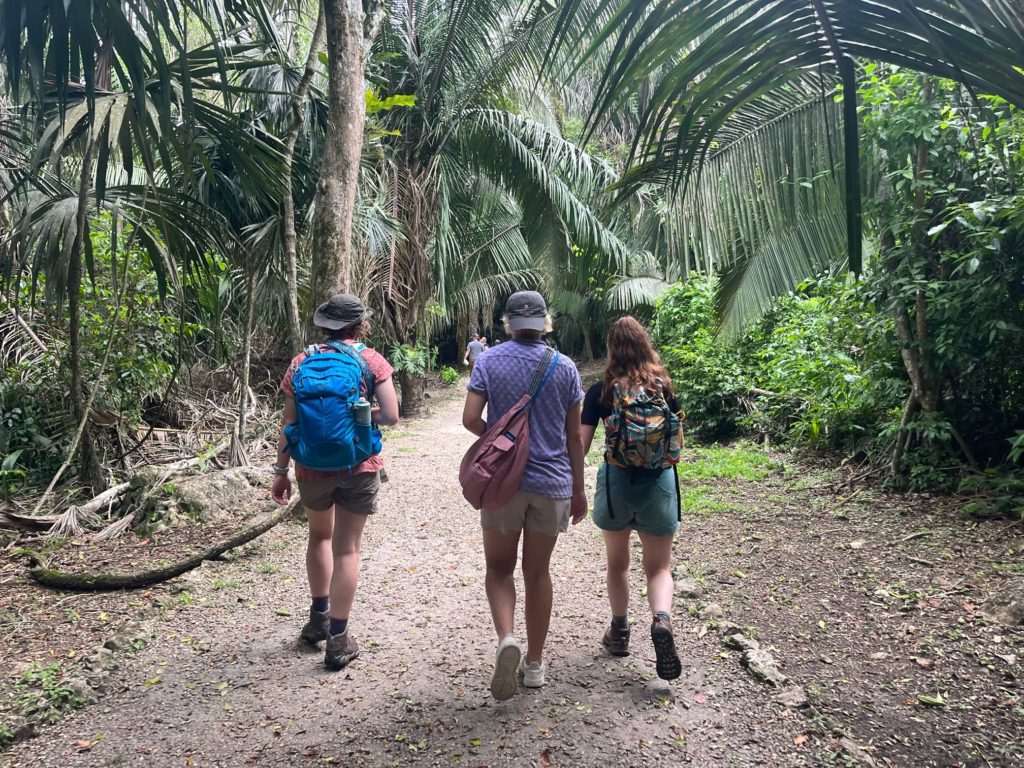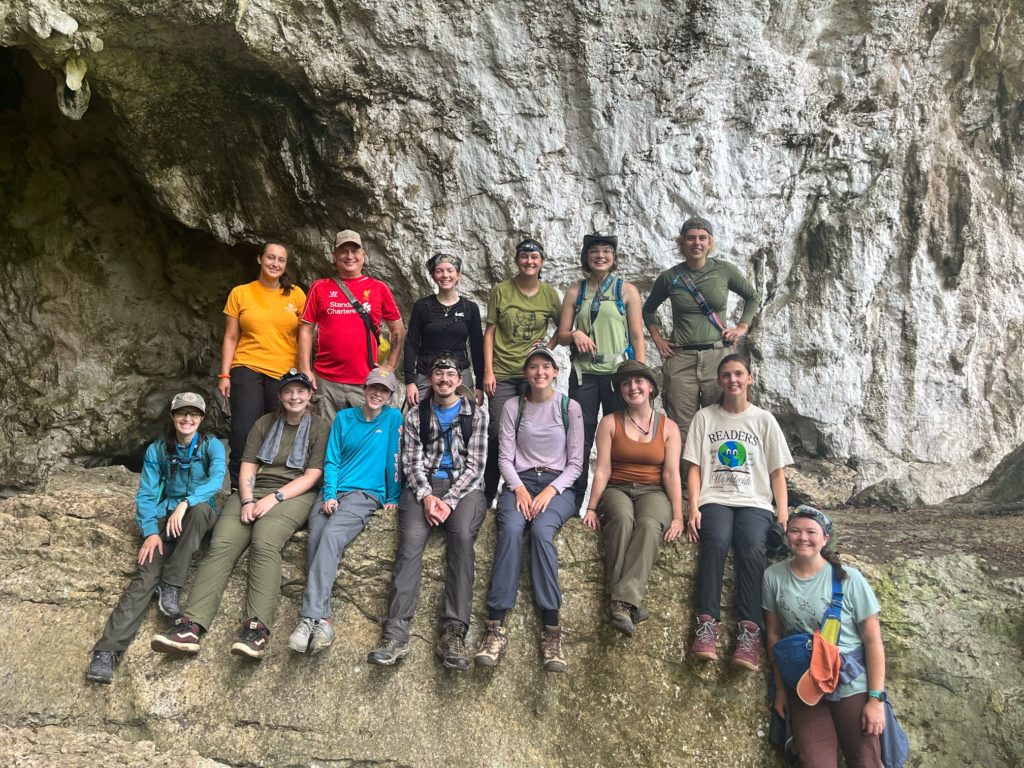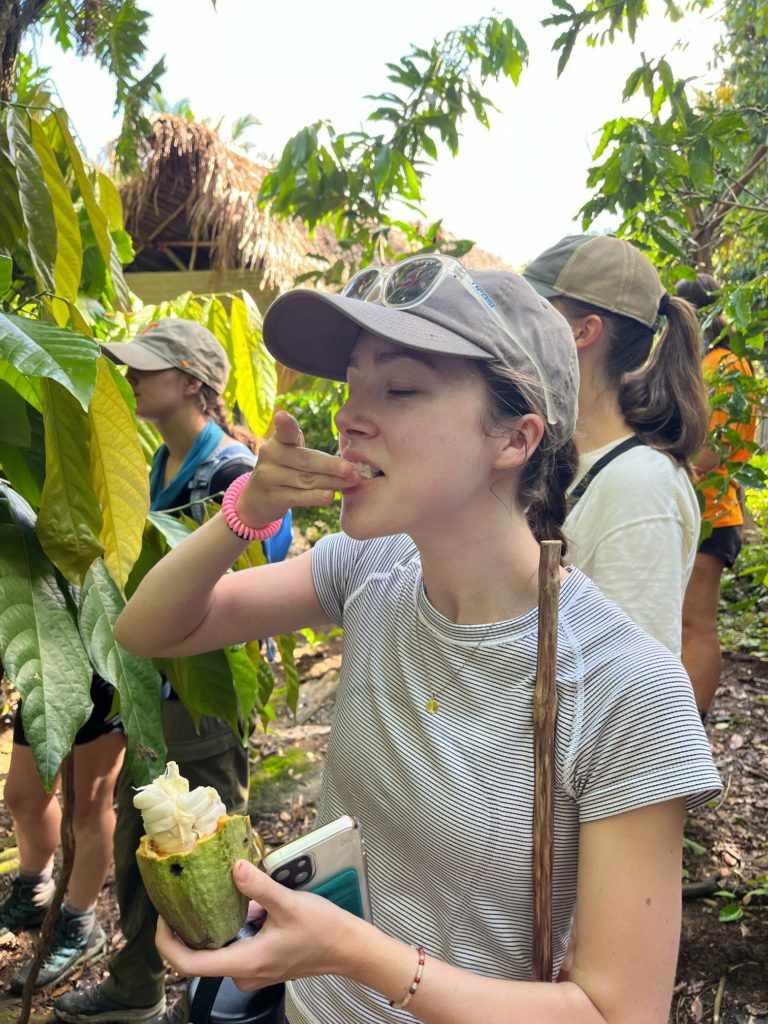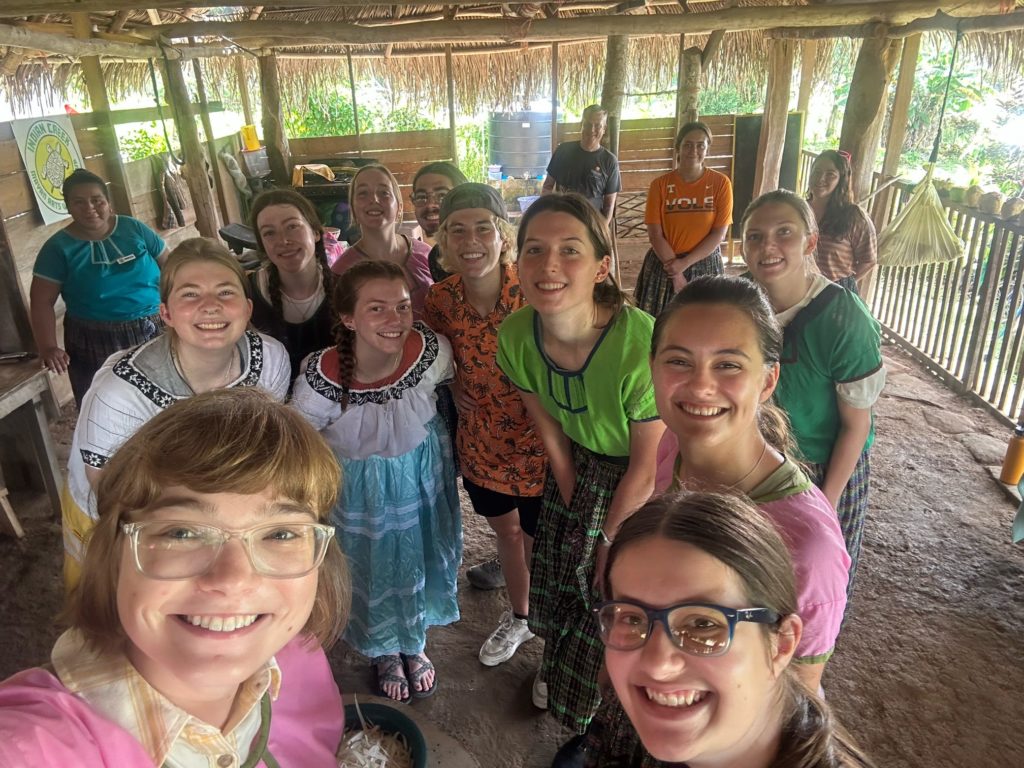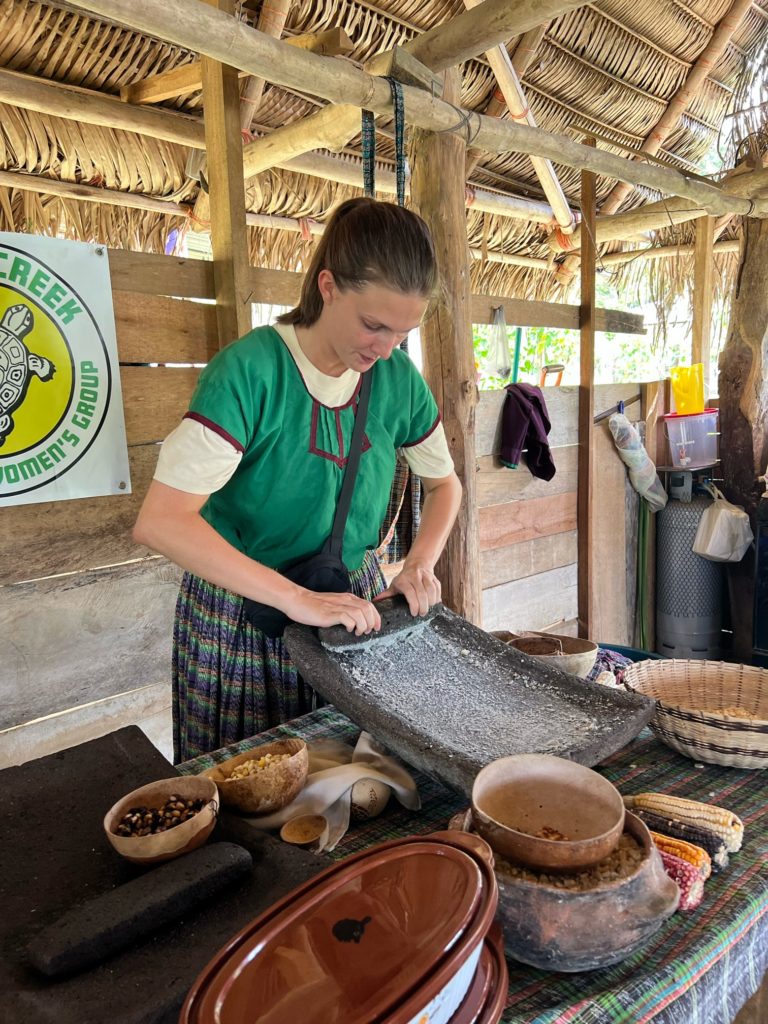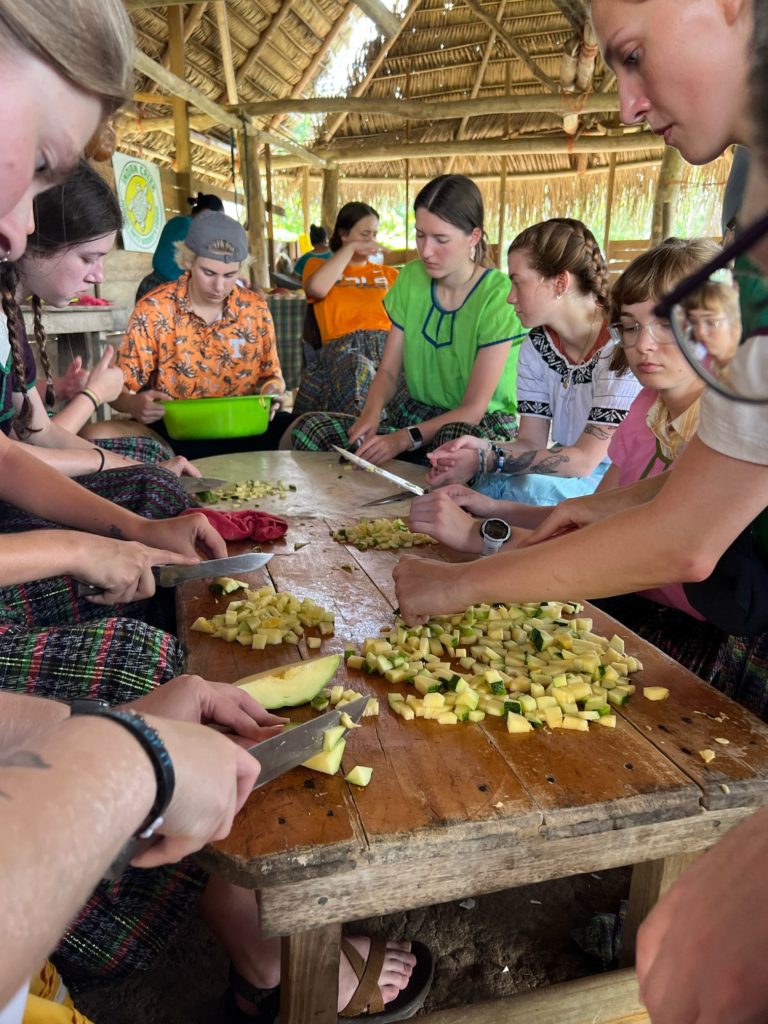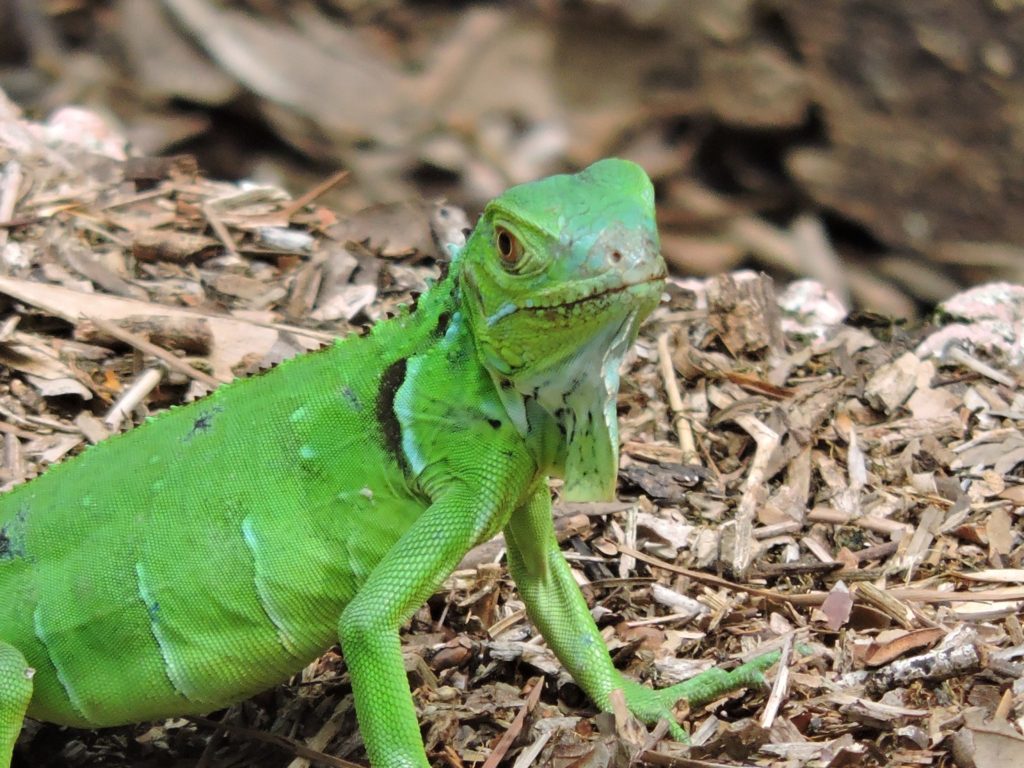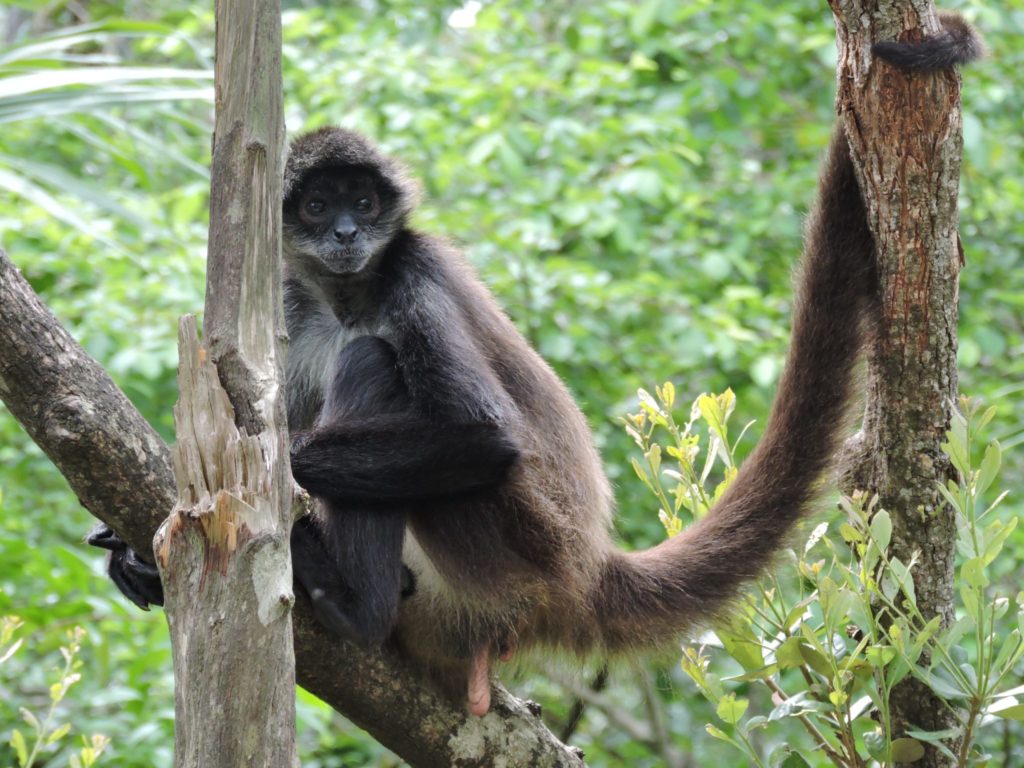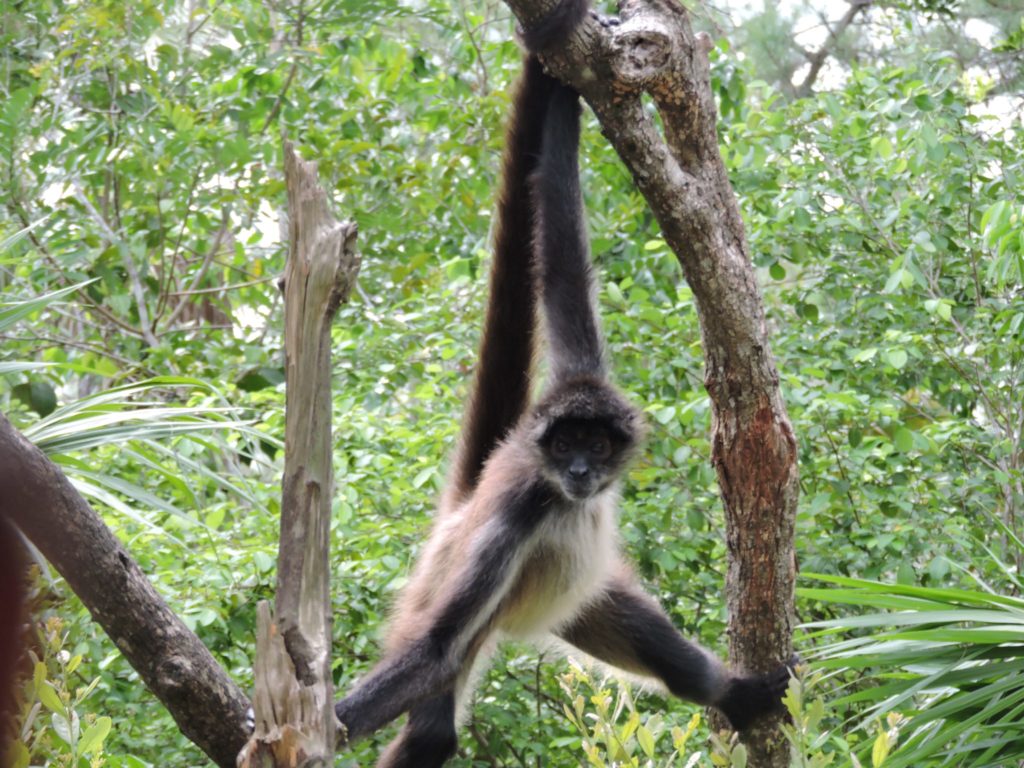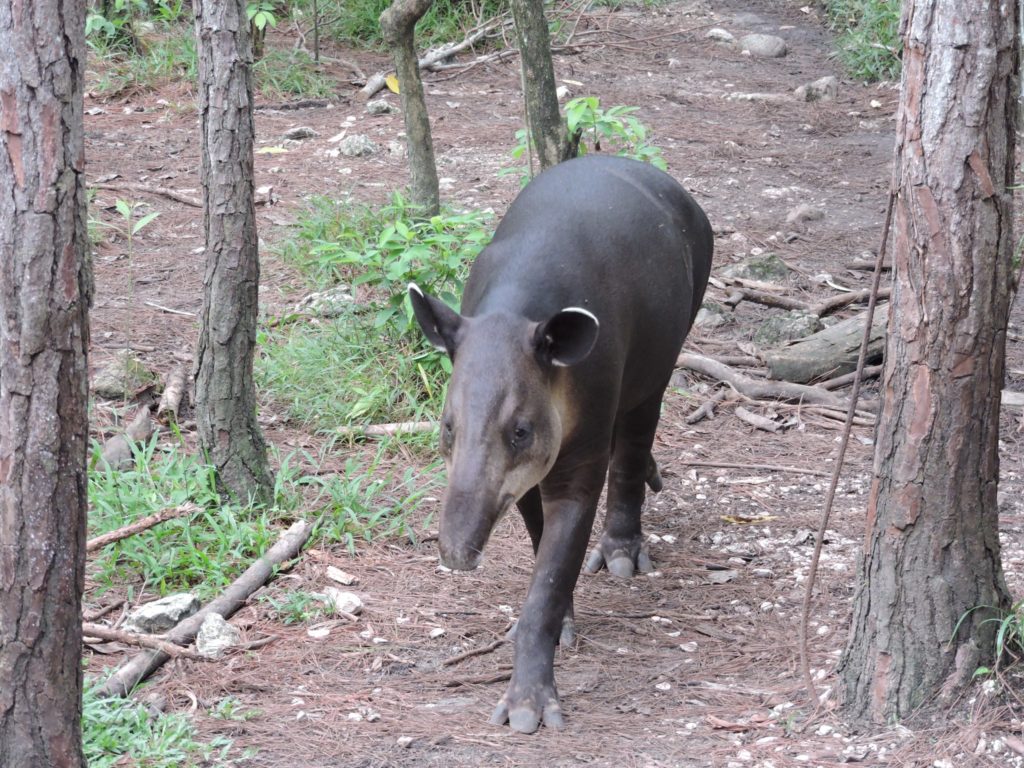UTK Tropical Ecology, Conservation, and Field Methods in Belize
This Summer 2 study abroad course examines wildlife ecology, conservation, and field methods in the tropics. Through a combination of lectures, readings, discussions, labs, field trips, and a research project, students will receive a thorough knowledge and understanding of tropical wildlife, ecosystems, and conservation, as well as hands-on practical experience in the field methods and techniques used to conduct natural resource studies in the region.
Course Dates: July 2024
Application Deadline: April 15, 2024
Course: WFS 425, 3 credits
Course Description
This short-term study abroad course will examine wildlife ecology, conservation, and field methods in the tropics. The program will use two field stations as bases for the course instruction, including the classroom activities, labs, and student-led research projects. Students will have the opportunity to see new wildlife and ecosystems, experience different cultures, and explore wildlife and conservation issues in Belize. Upon completion of the course students will have developed the field skills necessary to conduct terrestrial natural resource ecology and conservation research in the tropics.
The program will begin at the Tropical Education Center (TEC), located approximately 30 miles west of Belize City. The center is run by the Belize Zoo, home to more than 125 native species, and is only a 10-minute drive from the Monkey Bay Wildlife Sanctuary, a privately-owned wildlife reserve. With over 1800 acres of easily accessible pine savanna, TEC provides excellent opportunities to conduct wildlife and conservation related research projects in a pine savanna system.
The group will also stay at Las Cuevas Research Station (LCRS), a research station run by the non-governmental organization Friends for Conservation and Development (FCD). LCRS is located in the Cayo District inside Chiquibul Forest (comprised of Chiquibul National Park- CNP and Forest Reserve- CFR), an area of primarily dry tropical rainforest and Belize’s largest protected area (265,000 acres). LCRS provides an amazing opportunity to explore the conservation issues associated with a large protected area (CNP) and also gives the chance to conduct lab activities and student-led research projects in an area of dry tropical rainforest.
Course
WFS 425: Tropical Ecology, Conservation, and Field Methods in Belize (3 credits)
Academic Information
Students will be enrolled in 3 credits of WFS 425 during the Summer 2 Session. Successful completion of the course includes full participation in the Belize abroad experience. A minimum of 2 orientation sessions will occur prior to departure.
Students should meet with their academic advisors to ensure they meet eligibility requirements and that the course is degree applicable.
- Open to all majors with preference given to students in the Herbert College of Agriculture, specifically the School of Natural Resources
- Minimum 2.0 cumulative GPA at time of application and until program departure
- At least Freshman standing
- Must be in Good Academic Standing and Good Conduct Standing with The University of Tennessee.
- Must attend all program meetings
2024 program costs are still being determined and subject to change. An estimated program fee based on 2023 program costs is provided at this time.
| Summer 1 Budget | ||
|---|---|---|
| Budget item | Estimated Costs | |
| Program Fee | $3,780.00 | |
| Global Programs Admin Fee | $175.00 | |
| Billable subtotal: | $3,955.00 | |
| Estimated Roundtrip Transportation from Knoxville | $800.00 | |
| Passport | $165.00 | |
| Estimated Additional Meals | $50.00 | |
| Estimated Personal Expenses | $300.00 | |
| Non-billable subtotal: | $1,315.00 | |
| Total: | $5,270.00 | |
